(ECNS) -- The Fortune Global 500 list for 2023, released Wednesday, revealed that 135 companies were from the Chinese Mainland and Hong Kong, one less than the previous year, the first drop in 15 years.
However, China remained in the top position, with a total of 142 companies from the Chinese Mainland, Hong Kong and Taiwan.
The 135 Chinese mainland and Hong Kong companies span 15 industries, with only four seeing a sales revenue growth rate of over 5 percent, namely the finance, transportation, telecommunications, and high technology sectors.
Eighty-nine of the 135 companies have experienced a decline, accounting for 69 percent of the total, with only 35 witnessing a rise in their rankings.
Three Chinese entities made the top 10: State Grid remained in third position, China National Petroleum slipped one rank to fifth, and Sinopec Group dropped one place to sixth.
China State Construction Engineering, which held the ninth position in 2022, fell out of the top 10 to 13th.
Two Chinese companies, the Industrial and Commercial Bank of China and China Construction Bank, have secured spots in the top 10 list of most profitable enterprises, with the former’s profit exceeding $53.5 billion.
The electronics consumer market has experienced a shake-up, with both renowned Chinese companies and international major PC manufacturers facing a decline in their rankings. For instance, Huawei dropped 15 spots to 111th place, falling out of the top 100, while Xiaomi Group plummeted from 266th to 360th place.
Likewise, in the household appliances sector, companies at home and abroad were grappling with similar challenges in the consumer market.Among China’s top three white goods manufacturers, Midea Group and Haier Smart Home experienced declines of 33 places to 278th and 14 places to 419th, respectively, while Gree Electric Appliances dropped off the List from last year’s 487th position.
The disruption in the electronics consumer market also impacted e-commerce giants, including Amazon, Chinese counterparts JD.com and Alibaba, all of which faced similar setbacks. JD.com slid to 52nd place from last year’s 46th, while Alibaba dropped to 68th from 55th. However, Meituan made a debut on the list, securing the 467th position.
Amid these challenges, two dark horses emerged due to innovations and breakthroughs in new energy vehicle technology. BYD rose from 436th to an impressive 212th place, while CATL made a noteworthy entry, ranking 292nd.
The combined revenue of the Fortune Global 500 companies this year is approximately $41 trillion, representing an 8.4 percent increase from the previous year. The minimum sales revenue threshold to make the List has also increased from $28.6 billion to $30.9 billion.
However, the global economic downturn has led to a 6.5 percent decline in the net profits of all listed companies, totaling approximately $2.9 trillion. Rising energy costs have further contributed to profit declines or even losses for many energy and utility companies on the List.













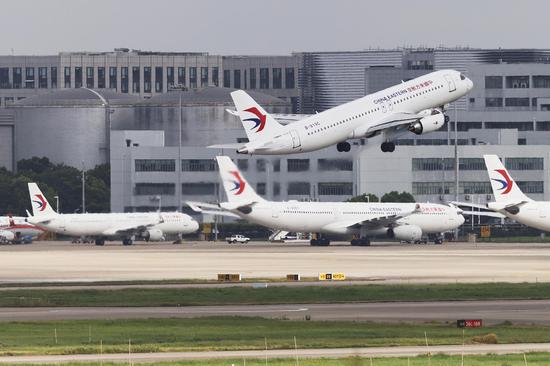









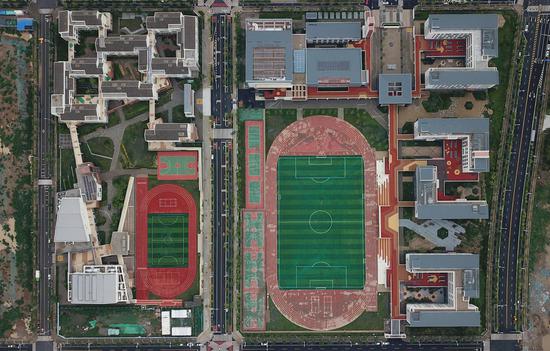




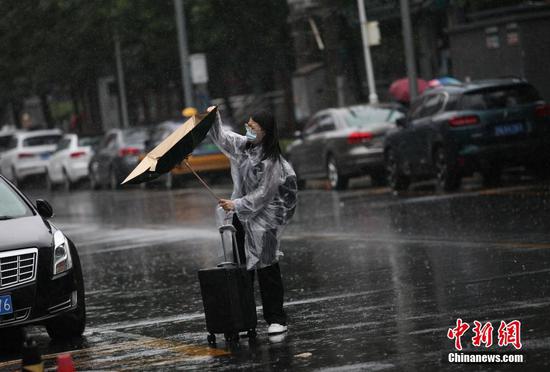

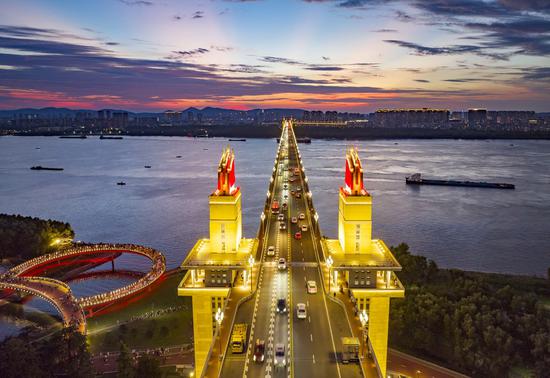


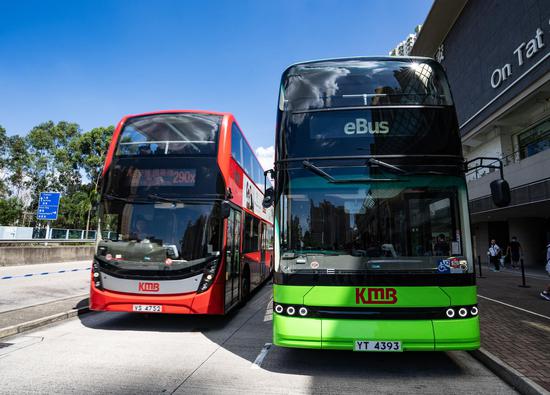
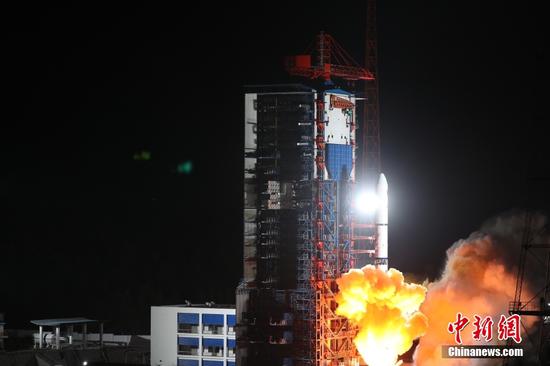

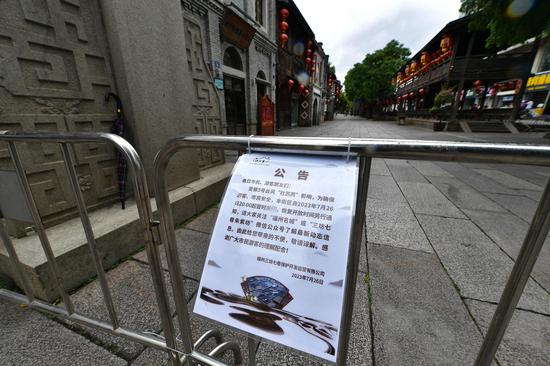


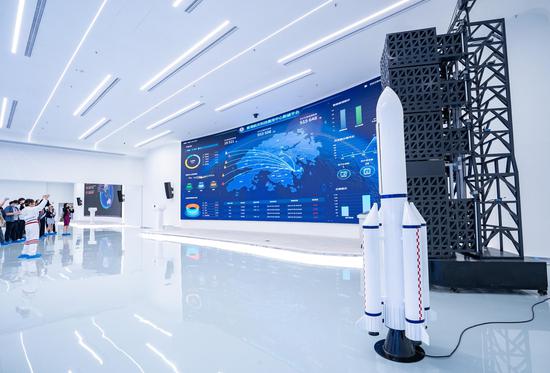

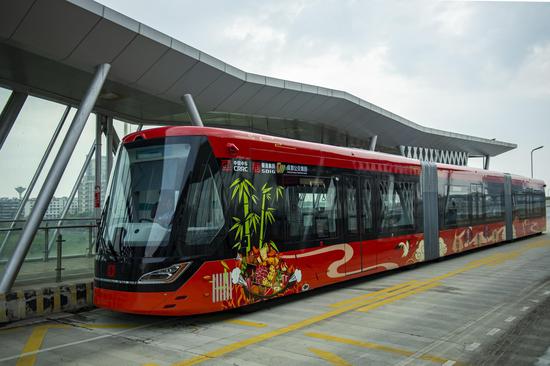
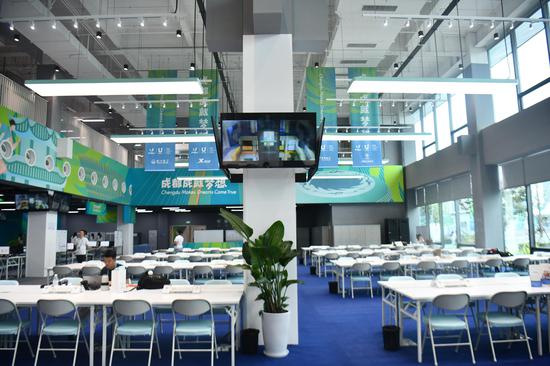







 京公网安备 11010202009201号
京公网安备 11010202009201号